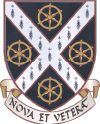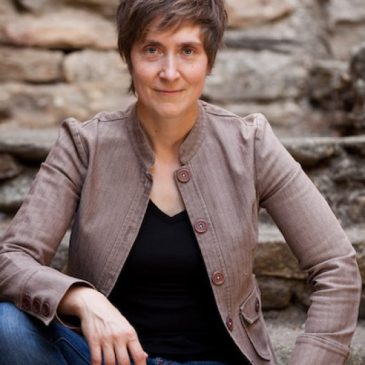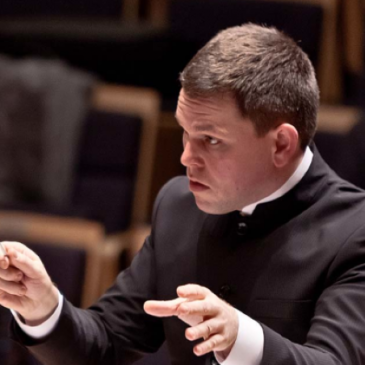Why is St Catherine’s a particularly good college to choose for Music?
Catz is a large and friendly college, which supports a wide range of music-making. Academically, Catz students have excelled in musicology and ethnomusicology, composition, and performance, supported by their tutors in exploring their interests and learning new skills.
The Music House, a small purpose-built recital room with two grand pianos and a harpsichord, provides a flexible space for practice and small-scale concerts.
The Music Society is active, hosting a carol service, open mic nights, bands, and recital series.
Music theatre productions happen regularly in College (from The Addams Family to Legally Blonde) and Catz musicians have been involved with workshops and productions by the Cameron Mackintosh Visiting Professor of Contemporary Theatre.
The Henfrey Composition Prize brings professional performers and composers to College to workshop new pieces for a variety of ensembles. While there is no chapel, students from Catz can hold choral scholarships at other colleges.
Catz offers the Leask Prizes which support instrumental lessons (for students from any subject) and music projects (from recording albums to learning new skills). There is the Arnold Freedman Violin Prize – an excellent instrument loaned to a Catz student. Most unusually, there is the Répétiteur Scholarship, auditioned on joining Catz, where students gain skills in music direction and conducting by working with New Chamber Opera.
All music students at St Catherine’s also have an electronic keyboard in their room, for use with headphones.
Lectures and seminars for the music degree take place in the Faculty at the Schwarzman Centre for the Humanities, a lovely walk through University Parks or a short cycle ride through town. College teaching is given by the music tutor and stipendiary lecturers. Some specialist subjects are taught by tutors at other colleges.
What skills do undergraduates acquire in their first year of Music?
The first year (Prelims) course introduces students to a broad range of music studies and equips students with necessary skills in research and writing, as well as developing areas of interest such as performance and composition.
What are the current Music tutors’ specialisms and research interests?
Professor Nomi Dave is the Director of Studies and has research interests and specialisms in ethnography; sound studies; voice and audiovisual technologies; sound and the law; critical race and feminist theory.
Director of Performance Dr Cayenna Ponchione-Bailey
What have Catz Music students chosen to do after graduation?
Many students go on to postgraduate study in music (performance, musicology, composition). Composer Mark Simpson and flautist Daniel Shao are alumni of Catz and there are several Répétiteur Scholars who have become successful repetiteurs and conductors (Jonathon Cole-Swinard, Joseph Beesley, Chloe Rooke). A music degree does not limit graduates to a music career: many have gone on to work in teaching, publishing, television, radio, journalism, marketing, law, the civil service, and environmental agencies.




